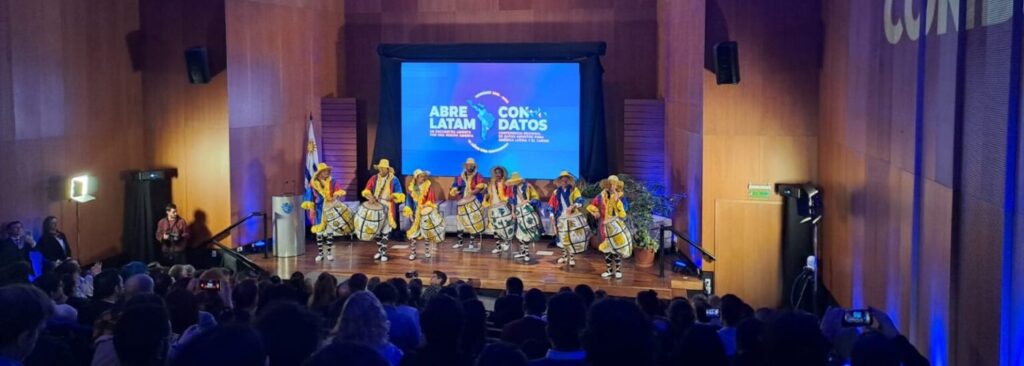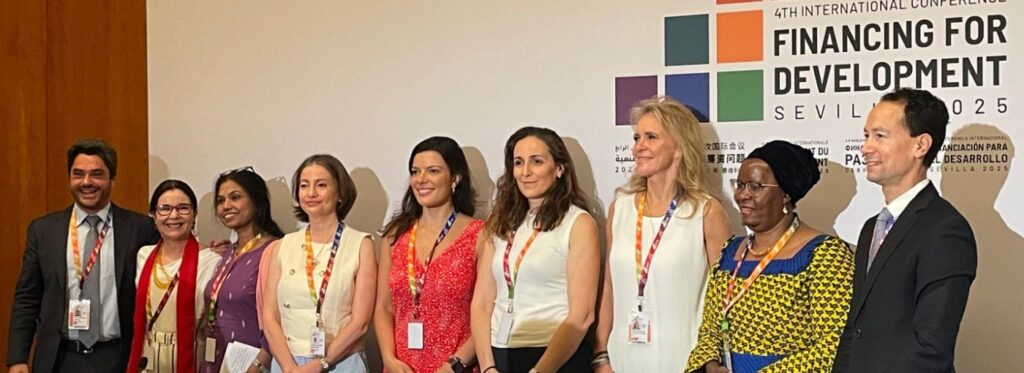On the evaluation of the Open Up Contracting Program
2020 marks the last year of a unique five-year-long strategic partnership between ARTICLE 19, Hivos, IIED and the Dutch Ministry of Foreign Affairs. Under the ministry’s Dialogue and Dissent program, alliances were forged with organizations around the world to collectively achieve a single purpose: strengthening the influencing power of civil society in low- and middle-income countries.
At the end of 2019 Hivos commissioned an independent external evaluation of the Citizen Agency Consortium, consisting of Hivos, the International Institute for Environment and Development (IIED) and ARTICLE 19. Over the past five years, the Consortium developed civil society’s capacity to influence policy and practices of markets and governments. The full evaluation of the Consortium and all case studies are found here. Please also have a look at the Reflecting on five years of Citizen Agency: Raising voices around the world.
You can read the synthesis report of the evaluation of the Open Contracting program.
The evaluation was carried out by a three member team of UK based The TAP ROOM Consultants Ltd. Their research covered all countries of the OC program, with a special focus on The Philippines, Kenya and Guatemala. The team completed its final synthesis report in September 2020, together with four thematic case studies, on the role of media and journalism, private sector engagement, local government engagement and engagement with marginalized groups.
We think the evaluation provided a fair and critical assessment of the achievements and limitations of the Open Contracting program. We would like to thank the evaluation team for the rigorous assessment with great dedication to detail and context.
Among its conclusions are the following lessons on tactics of the Open Contracting program that tended to work well:
- Hivos and/or its partners using their positionality, convening power and sensitivity to, and awareness of, political contexts to convene and nurture trusting relationships in coalitions with diverse membership,
- Using value propositions effectively to leverage the incentives of different actors involved in OC ecosystems, for example:
- Politicians –investment and electoral prospects
- government agencies – professional progression, fear of criticism
- accountability seeking actors –
- private sector actors – level playing field or increases in efficiency
- Using a combination of dialogue and dissent strategies,
- Providing technical capacity to government to help it disclose, analyse and present data in more usable formats,
- Using long term mentoring approaches to build capacity for disclosing data and analysing it. This means considering data and systems experts as staff central to an ecosystems approach
- Including legal experts as advisor mentors,
- Behind locked door offline deliberations on data collected PRIOR to official disclosure,
- Engaging with a range of political and technocrat champions operating at different levels of government, particularly during political transitions,
- Empathic lobbying and user centered design approaches that are mindful of the power relationships affecting different participants. Examples included,
- Bids and Awards Committee members who felt anxious about possible backlashes when opening up their data
- Small private sector actors and government with no previous experience using ICT or data
- Indigenous and marginalized people who have internalized powerlessness after years of discrimination.
- Using an understanding of political context and learning through using outcome harvesting to reflect on assumptions to adapt





